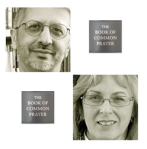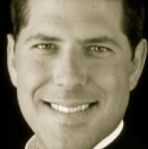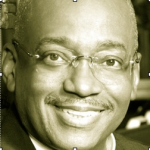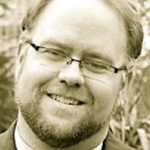Crossing Thresholds is an insightful and helpful reminder that life is a journey and that God — and our church — are with us every step of the way. We are born, perhaps we fall in love, we sin, we get sick, we die, we return to God. And in all of these, there are powerful words and actions to commemorate, to honor, to recognize, and to invite God’s blessing and presence.
The Prayer Book serves as an invaluable resource for marking important milestones like baptism, marriage, reconciliation, marriage, sickness, and death – referred to as the ‘Pastoral Offices.’ In this course Roger Ferlo lectures on baptism and matrimony, explaining the theological foundations of these important rites. Suzann Holding walks us through confession, prayer for the sick, and the practical theology surrounding end of life issues and liturgies. You’ll leave this course with an enriched understanding of both the purpose and the content of these holy rites.
Click here to register or for more information.
This course is the seventh in an 8-part series called Introducing the Book of Common Prayer. The next course will be launching in the coming weeks, so stay tuned. This series is brought to us by our partners at Bexley Seabury Federation, an Episcopal center for learning and development. Bexley offers online and in-person classes for everyone at its Chicago, IL and Columbus, OH campuses. For more information visit www.bexleyseabury.edu.





 Whatever we say about the cross, we are also saying about God. So what does the cross mean? What can it tell us about God? How can it help us approach, understand, and know God better? In Part III of this three-part series, David Lose introduces us to the three most popular theories, or ways of understanding the Cross, that Christians have turned to through the years.
Whatever we say about the cross, we are also saying about God. So what does the cross mean? What can it tell us about God? How can it help us approach, understand, and know God better? In Part III of this three-part series, David Lose introduces us to the three most popular theories, or ways of understanding the Cross, that Christians have turned to through the years.
